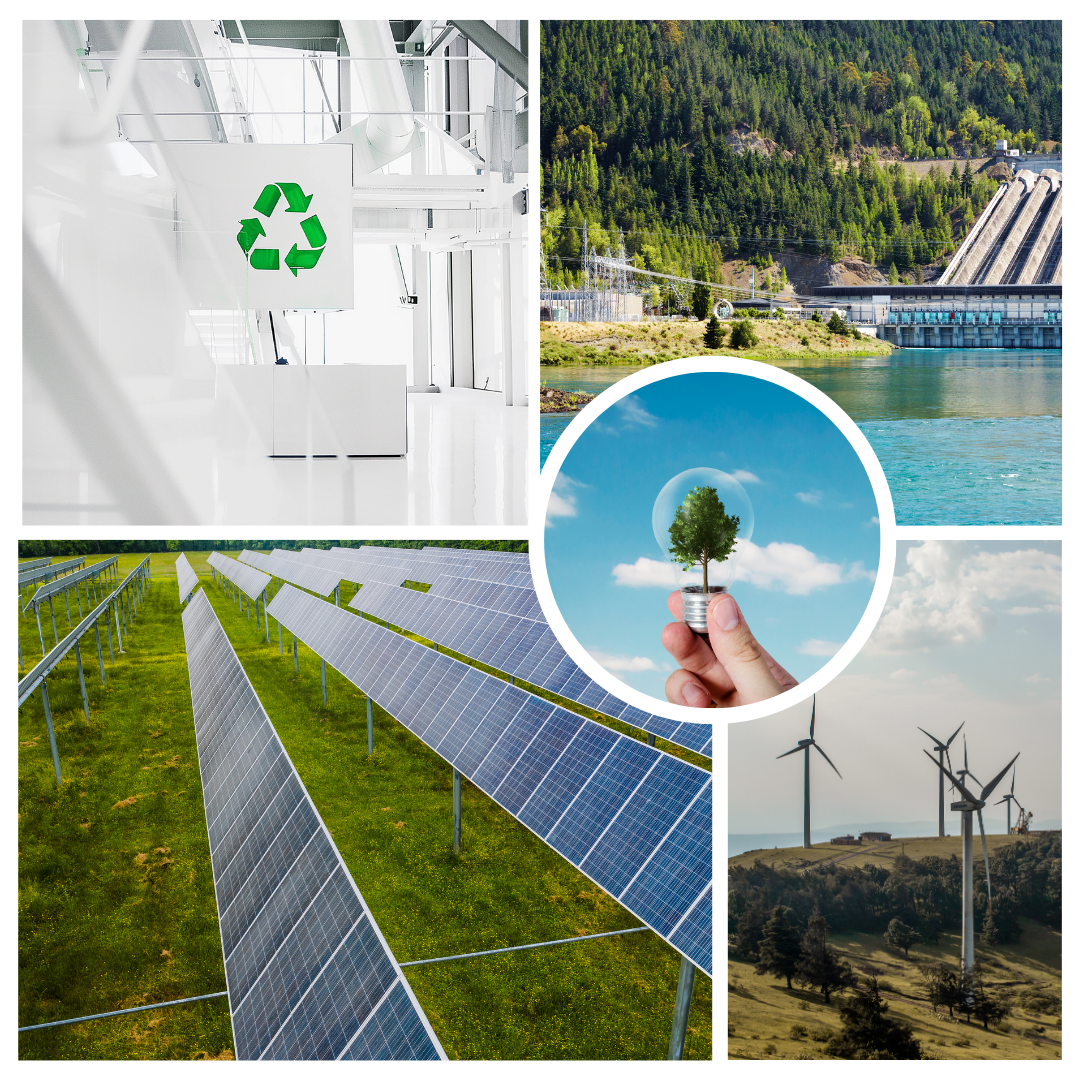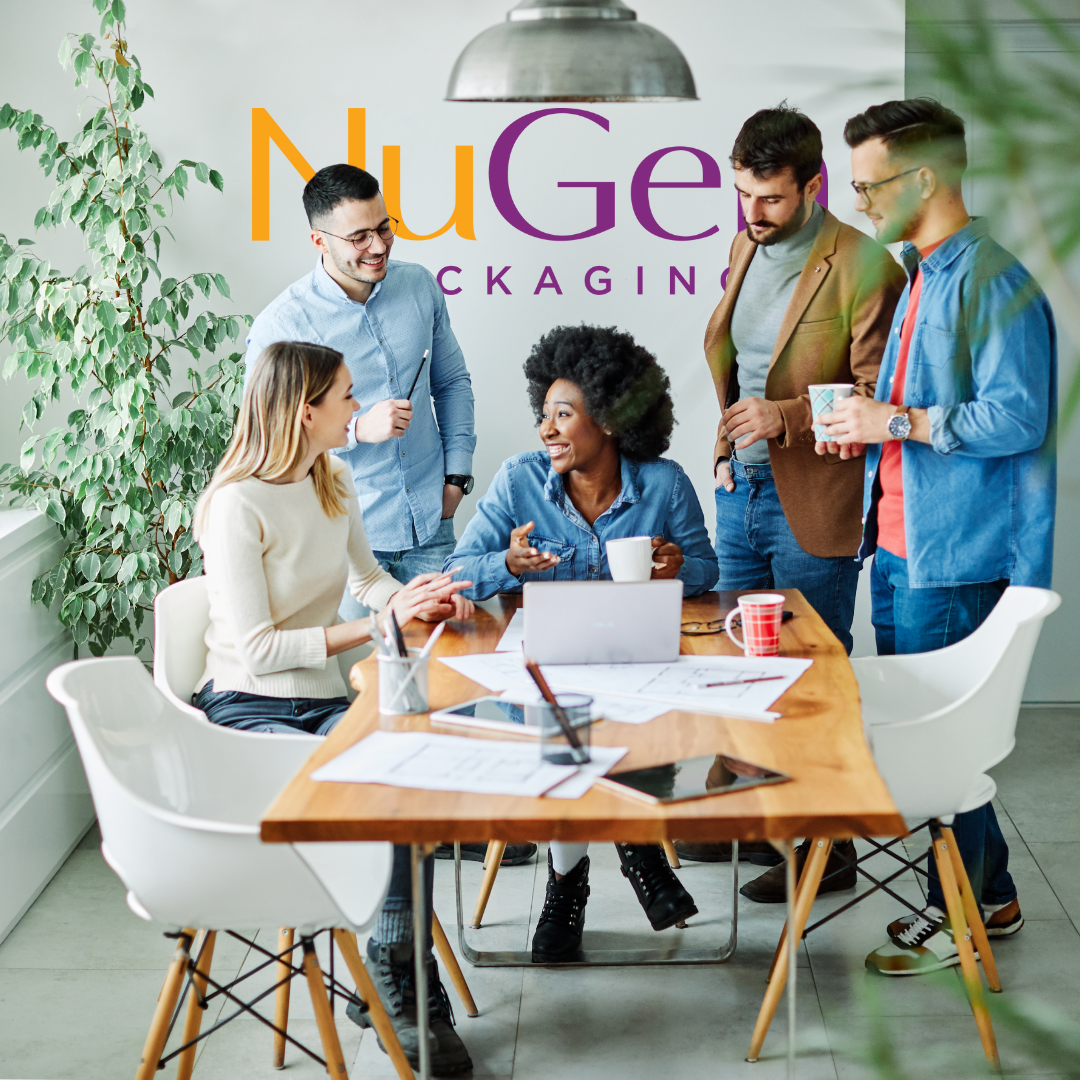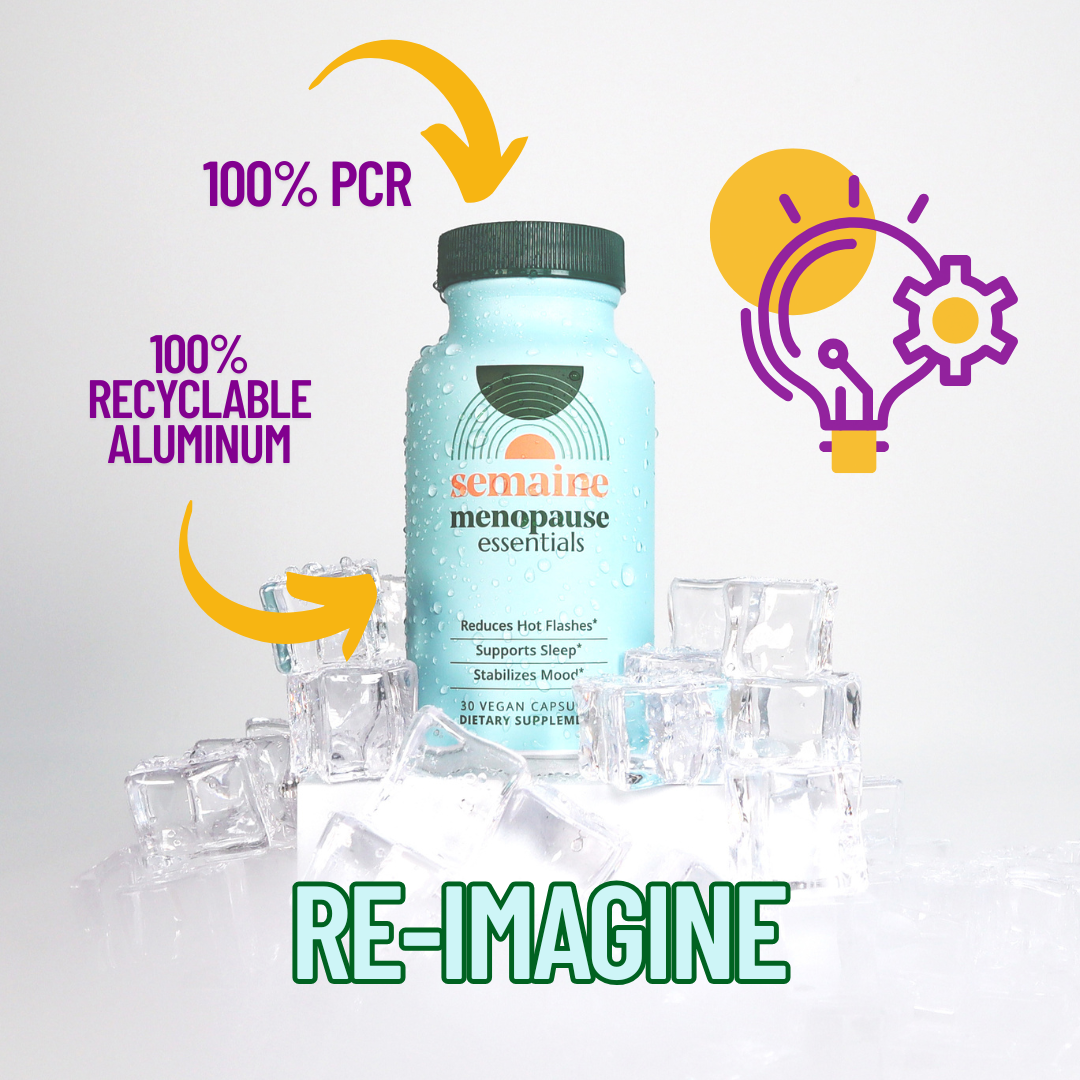Sustainability Guidelines and Best Practices
NuGen is committed to revolutionizing the packaging industry through innovative, eco-friendly solutions. Our comprehensive sustainability guidelines and best practices ensure that every product we create minimizes environmental impact while maximizing performance. Discover how we’re shaping the future of sustainable packaging.
Sustainable Packaging Guidelines
We adhere to key sustainability principles, ensuring packaging solutions contribute to a circular economy and minimize environmental impact:
By following these guidelines, we help brands make responsible packaging choices that align with both sustainability goals and market demands.
Best Practices for Sustainable Packaging
To complement our sustainability guidelines, we implement the following best practices to ensure our packaging solutions support a circular economy and reduce environmental impact.
Sustainable Material Selection
Choosing the right materials is essential for creating truly sustainable packaging. We prioritize:
Highly recyclable materials:
Aluminum, glass, and paper lead our selection due to their high recycling rates and circular potential. Aluminum and glass can be infinitely recycled without degradation, while responsibly sourced paper is widely accepted in recycling streams.
Recycled content:
We incorporate post-consumer and post-industrial recycled materials, particularly in aluminum, glass, and paper, to extend material life and reduce reliance on virgin resources.
Optimized plastic usage:
We prioritize PCR plastic to mitigate plastic consumption and encourage recyclable plastic formats that fit into existing recycling systems, ensuring plastic remains in circulation rather than in landfills.
Compostable solutions where applicable:
While we explore biodegradable and compostable packaging options, we recognize that they are most effective in controlled composting environments and should be used only when they are the best fit for a product’s lifecycle.
Our material selection considers the entire lifecycle … from sourcing to disposal … ensuring optimal sustainability at every stage.
Eco-Friendly Design Principles
Packaging design must focuses on reducing waste and maximizing efficiency while maintaining product protection and appeal:
By adhering to these principles, we create packaging that is not only sustainable but also innovative, functional, and aligned with the needs of brands and consumers.

Energy-Efficient Manufacturing
- Renewable energy: Powering our facilities with solar, wind, and other clean energy sources
- Energy recovery systems: Capturing and reusing heat and energy from manufacturing processes
- Low-emission equipment: Investing in state-of-the-art machinery that minimizes carbon output
These practices significantly reduce our carbon footprint while maintaining high-quality output.
Sustainable Partnerships and Education
- Sustainable manufacturing partners: We collaborate with partners who support eco-efficient practices and clean technology, ensuring our entire supply chain aligns with our sustainability goals.
Educate customers: We actively teach our customers how to recycle or reuse packaging materials, empowering them to participate in our sustainability efforts.
These practices significantly reduce our carbon footprint while maintaining high-quality output.


Continuous Innovation and Improvement
- R&D investment: Dedicating significant resources to developing new sustainable technologies
- Collaboration with companies and universities: Partnering with like-minded companies and academic institutions to drive innovation
- Customer feedback integration: Using real-world insights to improve our products
- Regular sustainability audits: Continuously assessing and improving
